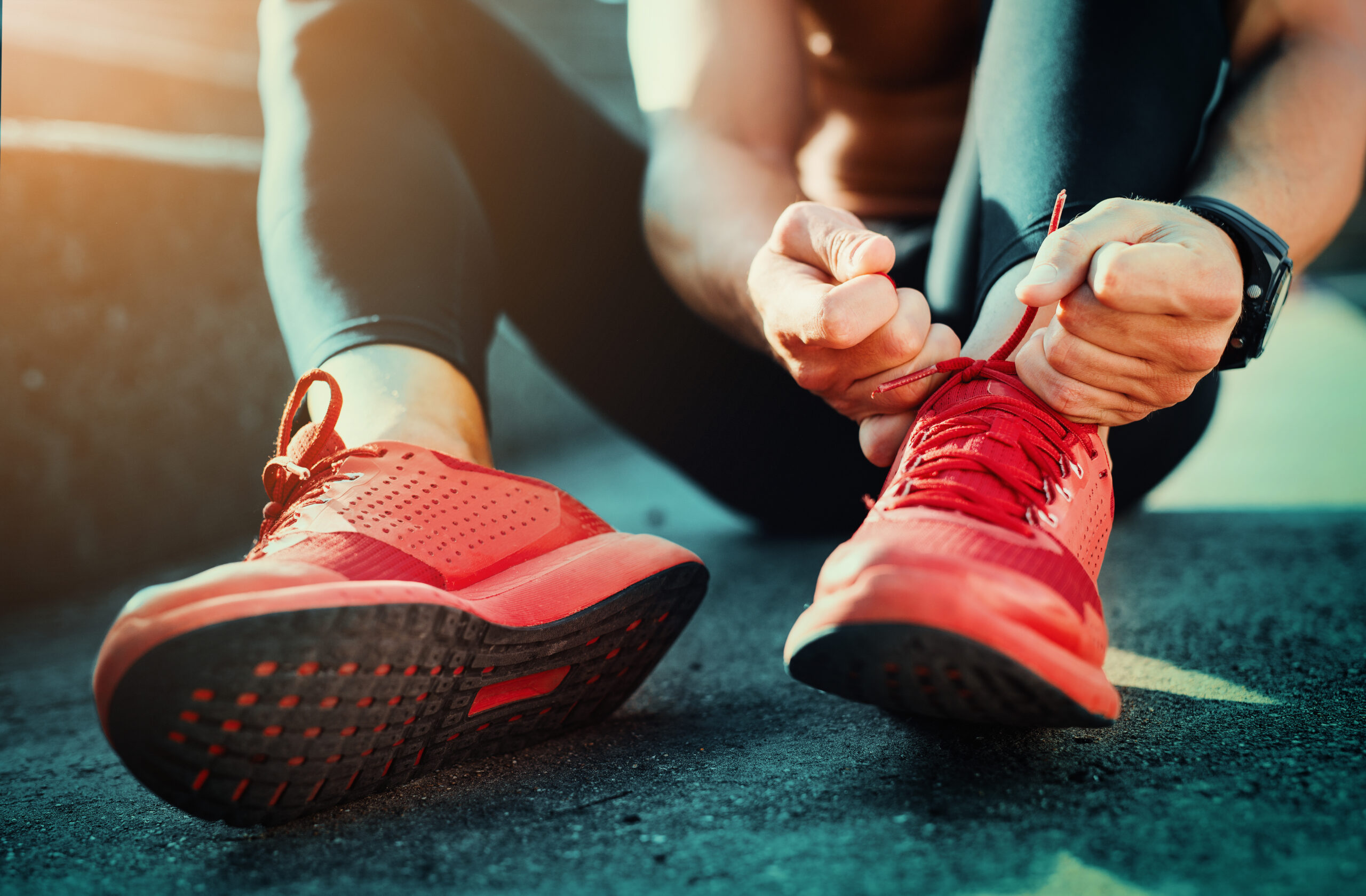Physiotherapy Marathon Training: A Beginner’s Guide
Training for a half marathon or marathon is a significant commitment that goes beyond just running long distances. Physiotherapy is essential in helping new runners build strength, prevent injuries, and achieve their goals. Here’s a concise guide on how physiotherapy marathon training can support your journey to marathon success.
Key Components of Physiotherapy Marathon Training
- Endurance Building: Gradually increase your running distance each week.
- Strength Training: Strengthen muscles to support long-distance running.
- Flexibility Exercises: Maintain flexibility to prevent injuries.
- Proper Nutrition: Fuel your body with a balanced diet.
- Rest: Allow time for recovery and repair.
How Physiotherapy Helps
Initial Assessment and Planning: A physiotherapist can perform a thorough assessment, including postural and gait analysis, as well as flexibility and strength tests. This helps create a personalised training plan tailored to your needs.
Injury Prevention: Prevent injuries with targeted exercises, stretching routines, and proper warm-up and cool-down techniques. Physiotherapy focuses on strengthening weak areas and improving flexibility.
Addressing Common Injuries: Common running injuries include shin splints, runner’s knee, IT band syndrome, and plantar fasciitis. Physiotherapists use manual therapy, electrotherapy, and specific exercises to treat these injuries.
Enhancing Performance: Improve running mechanics, build strength, and get nutritional advice to enhance performance. Biomechanical analysis and tailored strength training programmes can help you run more efficiently.
Recovery and Post-Race Care: Post-race recovery is crucial to prevent injuries and ensure long-term health. Physiotherapists can assist with active recovery, massage therapy, and advice on hydration and nutrition.
Tips for New Runners
- Start Slow: Gradually increase your running distance and intensity. Use a running program to help.
- Listen to Your Body: Seek advice if you experience pain or discomfort.
- Stay Consistent: Build endurance and strength with regular training.
- Invest in Good Shoes: Proper running shoes can prevent many injuries.
- Stay Hydrated and Eat Well: Fuel your body with the right nutrients.
Physiotherapy is vital for new runners and those preparing for their first marathon or half marathon. It aids in injury prevention, treatment, and performance enhancement, making your running journey safer and more effective. Ready to start your physiotherapy marathon training? Please contact us to book an appointment with one of our physiotherapists for personalised support. Happy running!

